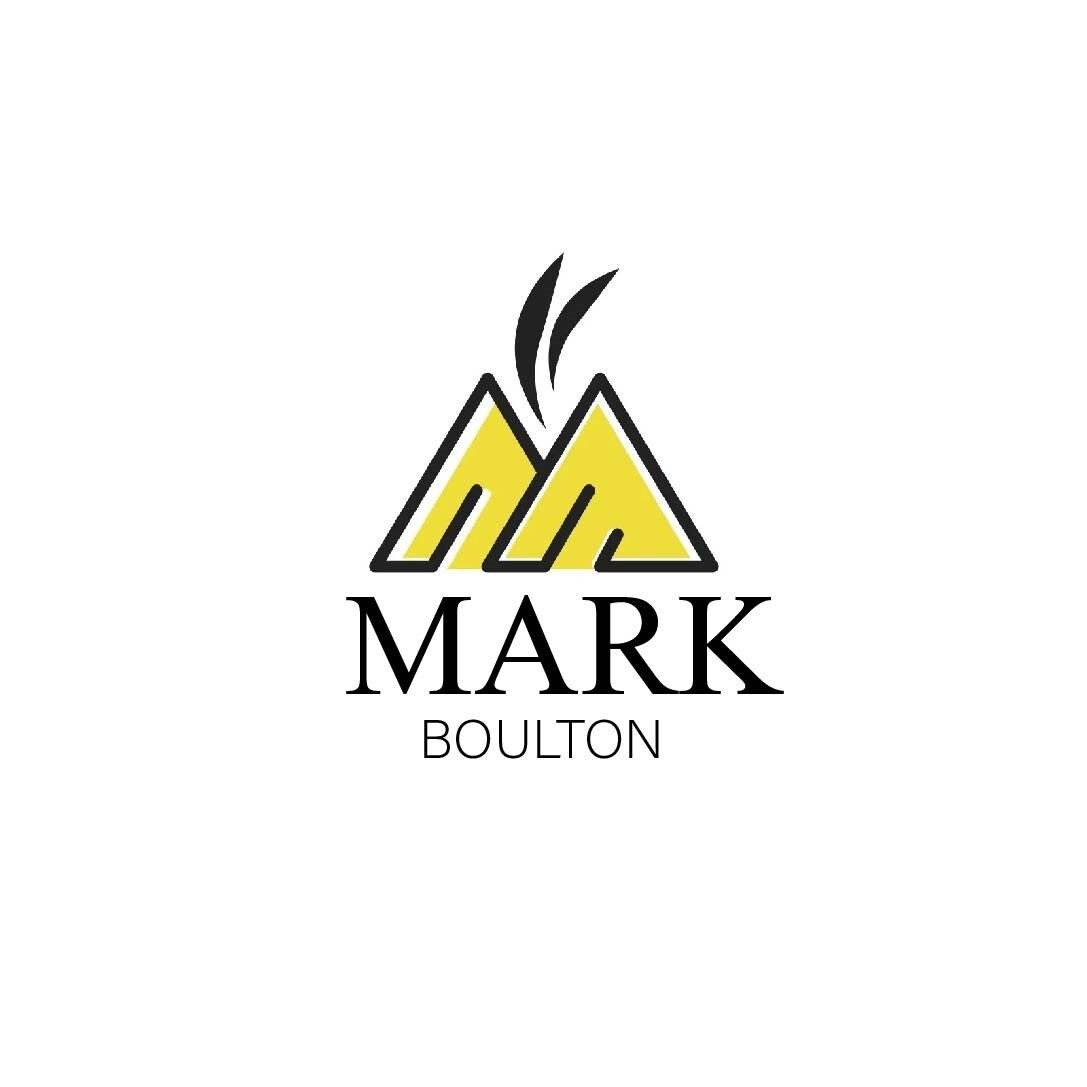Education serves as the foundation for personal growth, social development, and societal progress. It provides individuals with the knowledge, skills, and critical thinking abilities needed to navigate an increasingly complex world. Beyond academic learning, education fosters creativity, resilience, empathy, and ethical awareness, shaping individuals who can contribute positively to their communities. From early childhood through higher education and lifelong learning, education plays a central role in unlocking human potential.
The landscape of modern education has shifted dramatically due to technological advancements. Digital tools, online platforms, and interactive learning resources allow students to access knowledge from virtually anywhere. Online courses, virtual classrooms, and multimedia materials create opportunities for self-paced learning and global collaboration. These tools democratize education, breaking down barriers such as geography, socioeconomic status, and limited access to traditional institutions. As a result, learners from diverse backgrounds can explore subjects in depth and develop skills that were previously difficult to attain outside formal education.
Educators remain a critical component of the learning process. Teachers guide students, encourage curiosity, and help them develop analytical and problem-solving skills. They employ a variety of instructional methods, blending lectures, discussions, hands-on activities, and digital resources to address the diverse learning needs of students. Beyond academics, teachers nurture social and emotional intelligence, helping students build confidence, adaptability, and the ability to collaborate effectively. Their mentorship ensures that learning is not just about information acquisition but about personal growth and lifelong engagement.
Curriculum design plays a vital role in modern education. A balanced curriculum integrates core academic subjects with arts, physical education, and extracurricular activities to foster well-rounded development. Interdisciplinary approaches encourage students to connect concepts across subjects, promoting http://tfimax.com/ critical thinking and real-world problem solving. Additionally, curricula increasingly emphasize skills such as digital literacy, creativity, and ethical reasoning, preparing students to thrive in a rapidly changing global landscape. By offering diverse learning experiences, education equips individuals to adapt to new challenges and seize opportunities throughout their lives.
Assessment in education has evolved to focus on holistic development rather than rote memorization. While standardized tests remain common, project-based evaluations, portfolios, and collaborative tasks provide a more comprehensive measure of student understanding. These methods encourage active engagement, critical thinking, and creativity. Feedback-driven assessments empower students to reflect on their learning, identify areas for improvement, and take ownership of their educational journey. This approach cultivates intrinsic motivation and prepares students to become independent, reflective learners.
The role of values and ethics in education cannot be overlooked. Schools and educational programs provide a space for students to develop empathy, respect for diversity, and social responsibility. Participation in community projects, group activities, and civic initiatives helps learners understand the broader impact of their actions and the importance of contributing positively to society. Education fosters not only intellectual growth but also moral and social development, preparing individuals to navigate the ethical challenges of modern life.
Lifelong learning has become a central principle in contemporary education. Rapid technological advancements and evolving industries demand continuous skill development and adaptability. Education is no longer confined to formal schooling; it is a lifelong endeavor that empowers individuals to remain competitive, informed, and innovative. Online courses, professional development workshops, and informal learning opportunities ensure that individuals can continuously grow and refine their abilities, making lifelong learning essential for personal and professional success.
Access to quality education remains a global priority. Efforts to provide equitable learning opportunities, reduce disparities, and create inclusive environments are crucial to ensuring that all individuals can benefit from education. Governments, organizations, and educators work together to address barriers such as affordability, infrastructure, and social inequality. Education is not only a fundamental human right but also a powerful catalyst for social mobility, economic development, and community empowerment.
Ultimately, education transforms lives by nurturing intellect, creativity, and social responsibility. It provides individuals with the tools they need to succeed, while also fostering communities capable of addressing complex societal challenges. By prioritizing accessibility, innovation, and holistic learning, education empowers learners to reach their full potential and contributes to a brighter, more equitable future for all.
